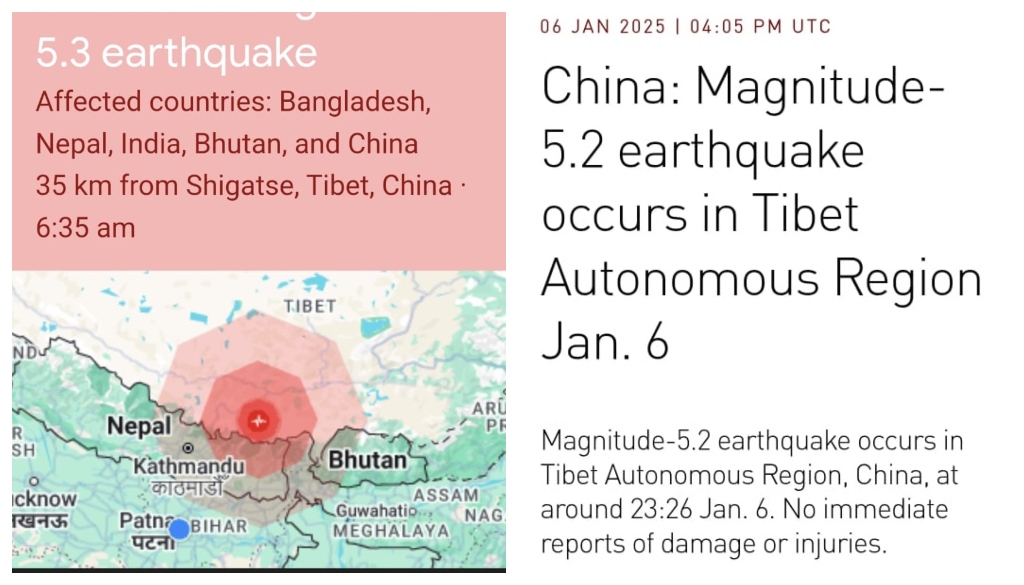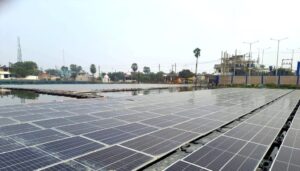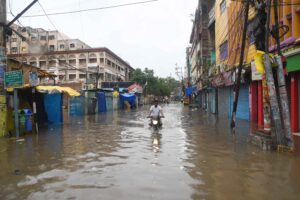Earthquake of 7.1 Magnitude Shakes Patna and 8 Bihar Districts; Train Services Halted in Kishanganj, Epicentre in Tibet

Patna: A powerful earthquake measuring 7.1 on the Richter scale struck early Tuesday morning, with tremors felt across Delhi-NCR, Bihar, West Bengal, and other parts of northern India. The epicentre of the quake was located 10km below the surface in Xizang, Tibet, according to seismologists.
In Bihar, tremors were recorded at approximately 6:30 am, shaking cities and towns including Patna, Darbhanga, Samastipur, Supaul, Gopalganj, Madhubani, Jehanabad, Motihari, and Kishanganj. Residents reported fleeing their homes in alarm as the ground began to shake. The state capital, Patna, experienced initial mild tremors at 6:32 am, followed by more intense shaking that woke many residents from their sleep.
The earthquake’s impact extended beyond India, with tremors also felt in Nepal, Bhutan, Sikkim, and Uttarakhand. No immediate reports of casualties or property damage have emerged from India, Nepal, or China, but authorities are continuing to assess the situation.
Rail operations disrupted
Train services in Bihar were briefly disrupted as a precautionary measure. The Kanchan Kanya Express was halted at Panjipara station, while the Radhikapur DMU stopped at Thakurganj station. Darjeeling Mail, which was delayed for an hour in Kishanganj, resumed operations after railway tracks were inspected for safety.
First-hand accounts
Suresh Kumar, a resident of Patna, described his experience: “I was brushing my teeth when I suddenly felt dizzy and realised the ground was shaking. I sat on the bed in shock, and soon other family members hurried out of the house.”
Why do earthquakes occur?
Earthquakes are caused by the movement of tectonic plates that make up the Earth’s surface. These plates, both large and small, are in constant motion. When plates collide, their edges can become deformed due to pressure. Over time, this pressure builds up until the plates break, releasing energy in the form of seismic waves that cause the ground to shake.
As residents and authorities across the region remain on alert, the lack of immediate reports of casualties offers some relief. However, experts warn that aftershocks are possible, and vigilance is necessary.





